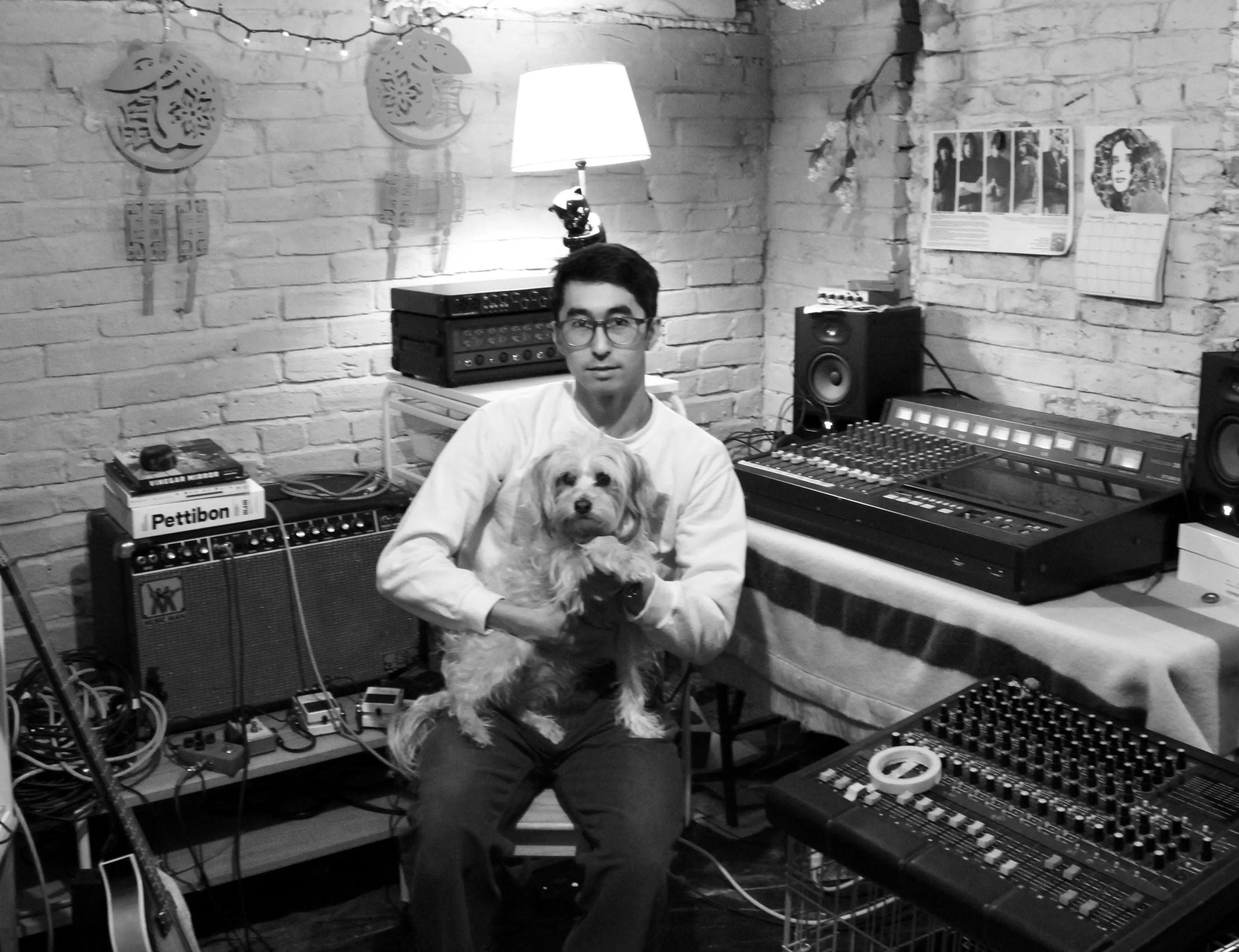
Ryan Wong

Audio By Carbonatix
Supreme Joy has existed for longer than Ryan Wong has lived in Denver. But moving to Denver is what gave Wong – a member of Bay Area pop perfectos Cool Ghouls – the time and space to truly bring Supreme Joy to life.
“Here, I have a basement, and I was able to build a little studio down there,” Wong says. “[In San Francisco], basements are very rare. I mean, you’re lucky if you have a garage.”
Before Wong relocated in early 2019, he had to drive 30 to 45 minutes to get to Cool Ghouls’ practice space. Here, if he wants to record some tunes, he simply has to walk down some stairs – which he did quite a bit last year while staying home on COVID-19 lockdown.
“I’d go down there and play, and none of our neighbors complained,” he said. “So, yeah, for lack of a better word, I guess this is my pandemic album.”
Joy, the first Supreme Joy album, which Wong self-released in May. At eight tracks and just under twenty minutes long, it’s a succinct and charming introduction to Wong’s brand of DIY indie pop: jangling electric guitars, occasional bursts of noise, reverberant vocals, psychedelic vibes and tinges of surf rock, soul music and twang.
“A couple months into the pandemic, [those songs] started just kind of pouring out of me. I wrote them in a span of maybe two or three months,” Wong said. “And then I had a few friends come over to lay down drums and some other stuff, and that whole process probably took another two months.”
A host of Denver musicians play on Joy, including Mitch Mitchum, Gann Matthews and Brad Grear (Honey Blazer and Last of the Easy Riders), Jairo Barsallo (the Kinky Fingers and Slynger), Alyssa Maunders and Davie Weaver (Down Time) and Liz Haaker. The group helped Wong flesh out tunes that not only represent a very specific time in his life, but also reflect his concurrent deep dive into his own identity and his Asian-American heritage.
That deep dive started with a series of Japanese noir films on the Criterion Channel and eventually led Wong to Provoke, an experimental Japanese photography magazine that published only three issues in the late 1960s. Its grainy black-and-white photos documented the seedier side of Japanese life, portraying the country’s culture in a new light and influencing decades of post-war photography in Japan.
“I just became totally obsessed with these photos, and I think mentally placing myself in that scene was a real generator for the songs [on Joy],” Wong said. “When I looked at them, it was like I could hear the sound I wanted to make. I think they really directed me to where I was writing. I guess if anything, I was trying to make a soundtrack to Provoke.”
In doing so, Wong found himself reflecting on his personal experience as an Asian-American and, more broadly, how Asian culture is appropriated and commodified in the West. Where the surf-drone song “Doldrums” and lo-fi country number “Palace of Oranges” address universal topics – boredom and leaving home, respectively – a handful of tracks on Joy speak directly to Wong’s new perspective. The lovely lullaby “She Plants a Garden” pays tribute to Wong’s grandmother. “YÅ«rei” is a Japanese ghost story told through the lens of the Hiroshima bombing. And “EastWest” might just be the album’s best song, surrounding Wong’s lyrics about pigmentation and assimilation with a tumble-down bass line, serrated guitars and rumbling drums.
Whether Wong will return to those same themes in his songwriting remains to be seen, but he’s definitely not done making music as Supreme Joy. Not with that home studio in the basement calling his name.
“I’ve been down there recording again, slowly but surely,” he says. “I had some friends play on this one, but doing it mostly alone, honestly, was totally liberating. I definitely think there’s more out there to explore.”
Supreme Joy performs at 1 p.m. Sunday, October 3, at Wax Trax Records, 638 East 13th Avenue. For more information, visit Wax Trax online.